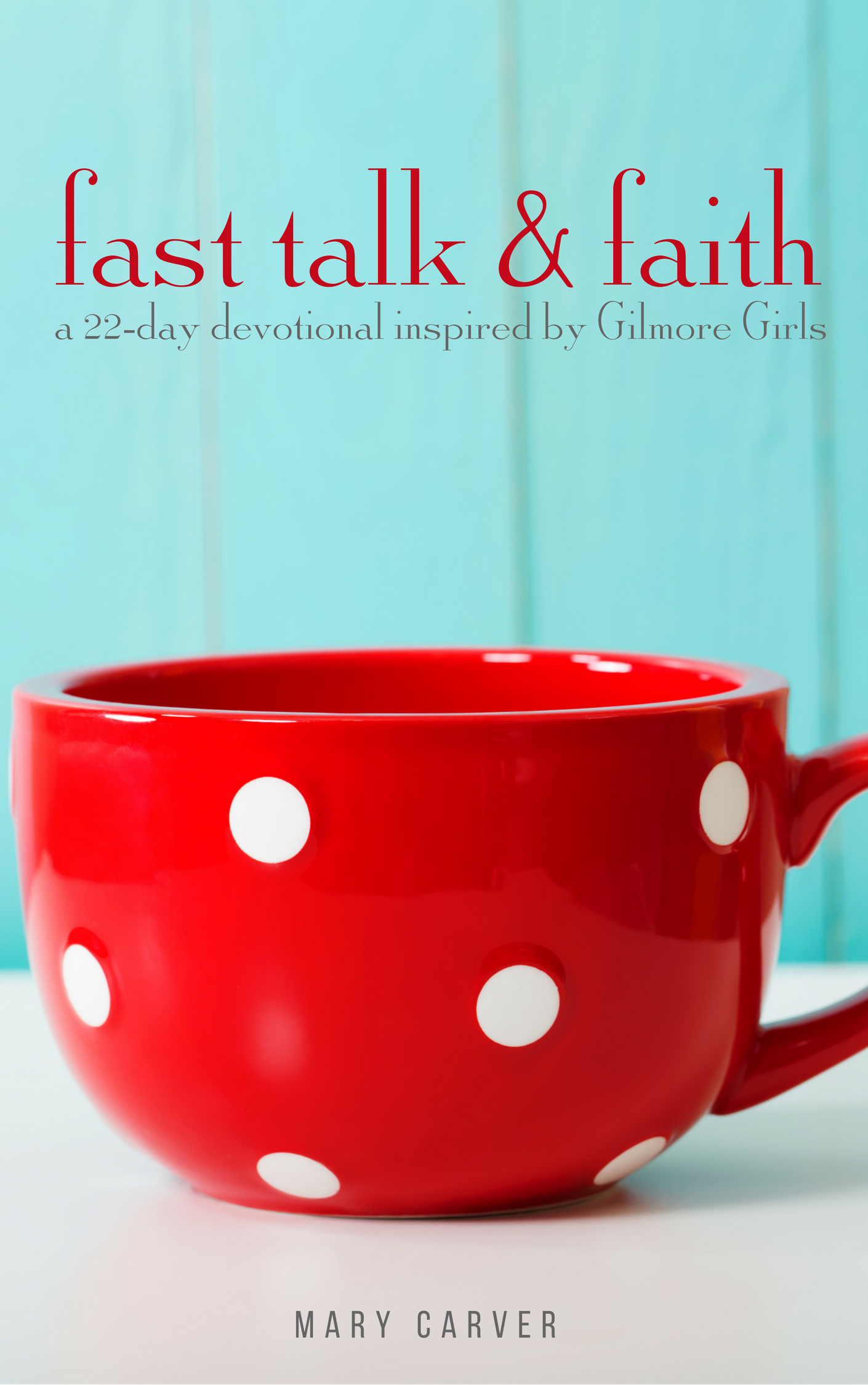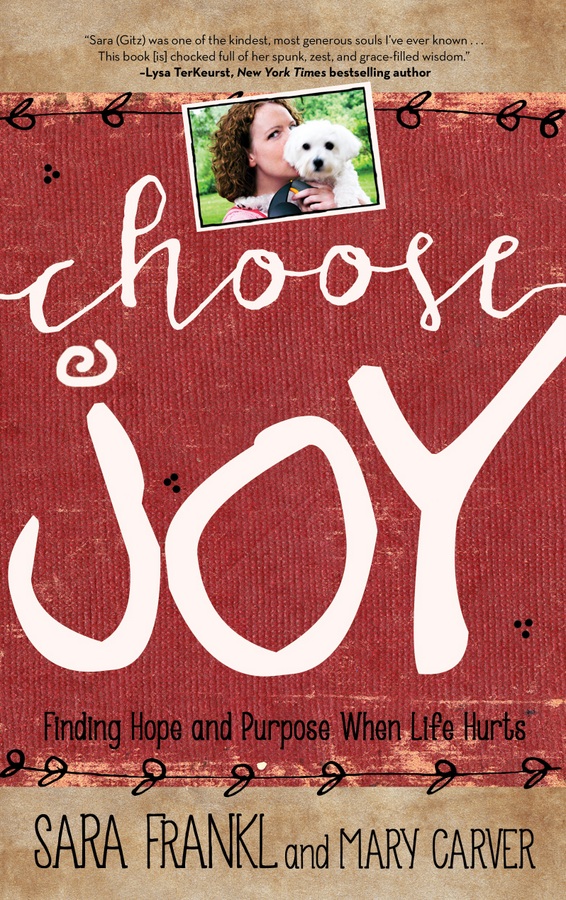I asked my friend how she was doing.
No, really, I said. How ARE you?
Her child had been sick — scary sick — and I could only imagine how scared and stressed and exhausted she must have felt. Though I’d offered help in various ways, she’d politely refused. As a matter of fact, I was at her house while she helped me with something. But still I longed to do something for her, to make her feel better in some way.
How are you, really?
She told me that she was okay, although not good. She admitted that when friends had asked her the same question at church the day before, she had tried to describe the anxiety and the fear she was experiencing, but they looked at her blankly. As if they had no idea what she was talking about. As if they’d never felt a little crazy themselves.
I hugged my friend and told her firmly — because I meant it deeply: If someone says they’ve never felt a little crazy, they are either lying or boring.
She laughed and thanked me for understanding. We hugged again, and I eventually walked out her front door.
Today I’m talking about how understanding a friend’s crazy is sometimes the best thing we can do for her. Click here to continue reading this post at (in)courage.








